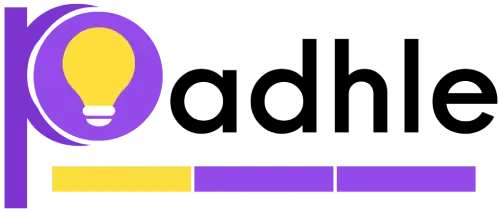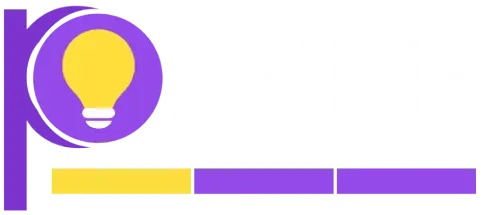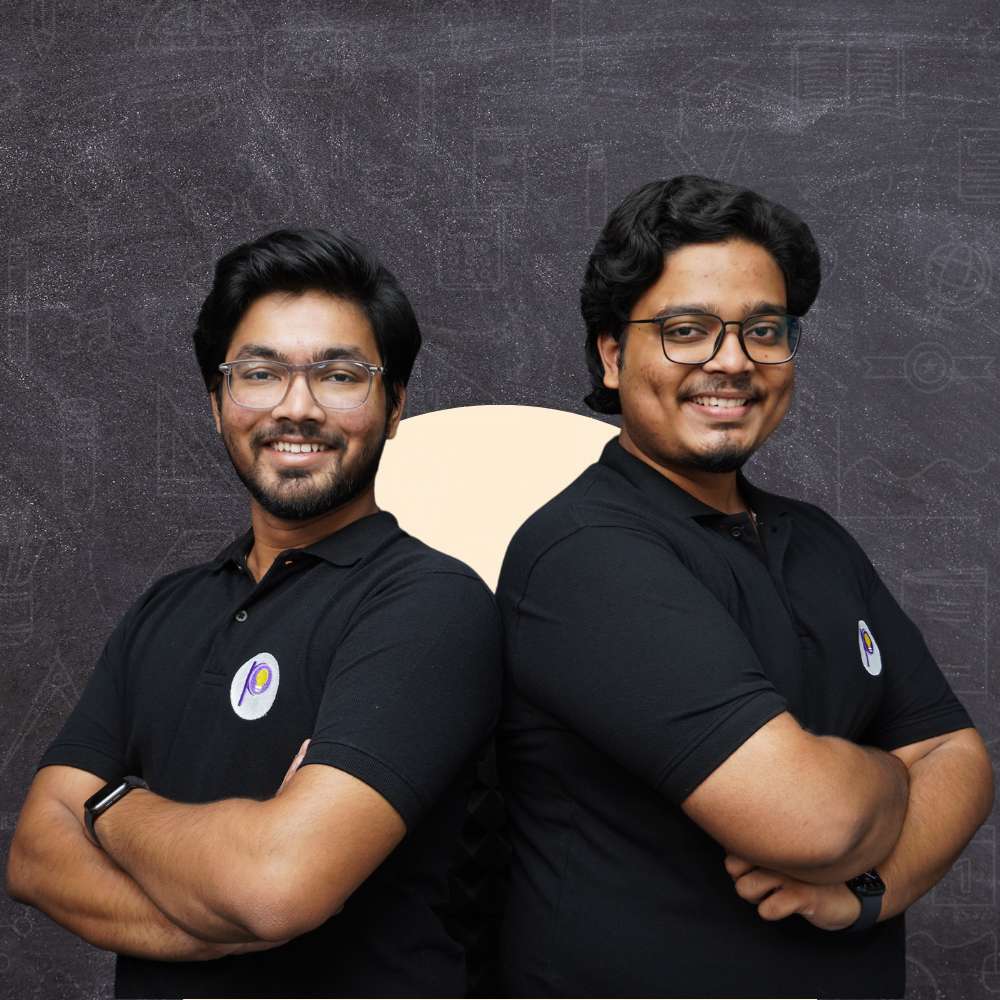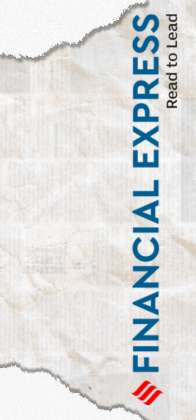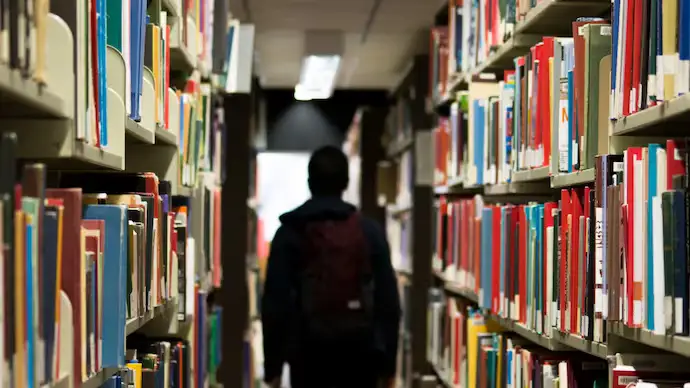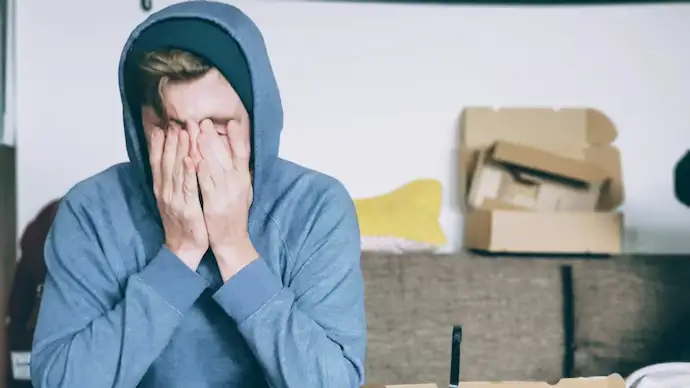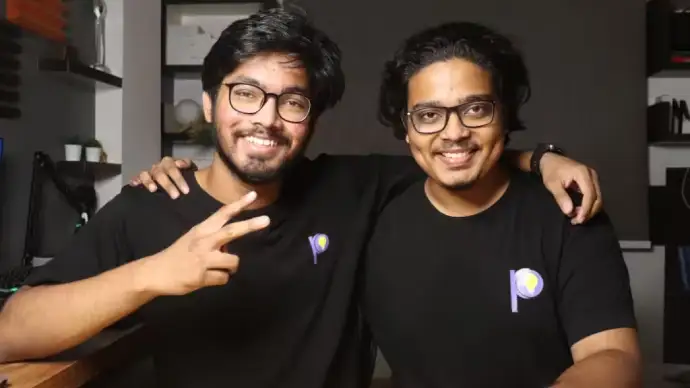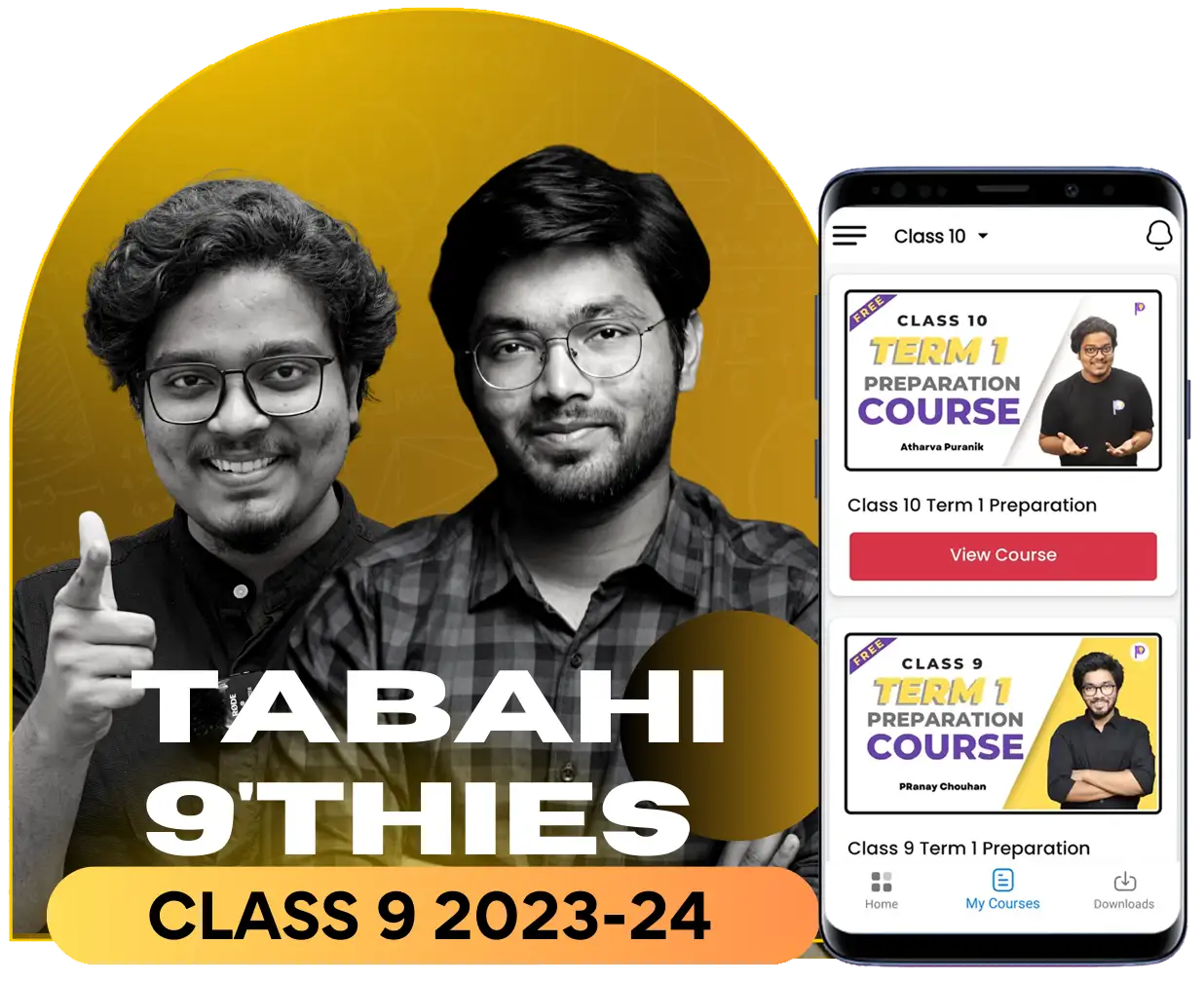MCQs for Class 10 Social Science Political Science Chapter 5 Popular Struggles and Movements
MCQs for Class 10 Social Science Political Science Chapter 5 Popular Struggles and Movements: In this article, we have covered all the important MCQs for Free for Class 10 Term 1 2021-22 Board Exams. In accordance with the latest pattern, Padhle is here with MCQ Questions for Class 10.
- Get MCQs for other Class 10 Chapters
- Get NCERT Solutions Class 10 Chapters
- Get Notes, PYQs, Free E-Books, and other material for Class 9
- Get Notes, PYQs, Free E-Books, and other material for Class 10
- Join our Telegram Channel for Latest Updates here
[adinserter block=”3″]
[twy_show_add_bookmark]
Class 10 Social Science Political Science Chapter 5 Popular Struggles and Movements MCQ
1. Which one of the following statements is correct regarding ‘sectional interest groups’?
(a) They promote collective rather than selective good.
(b) Their principal concern is betterment and well-being of their members, not society in general.
(c) They aim to help groups other than their own members.
(d) They do not seek to promote the interest of a particular section or group of society.
Answer: (b) Their principal concern is betterment and well-being of their members, not society in general.
2. Which one of the following is not true regarding the outcome of the April 2006 Movement in Nepal?
(a) Girija Prasad Koirala became the new Prime Minister.
(b) The Maoists came to power with a clear majority.
(c) The Parliament was restored.
(d) The new laws reduced the power of the king.
Answer: (b) The Maoists came to power with a clear majority.
3. What was the main reason of Bolivia’s Water War? Choose the most appropriate answer from the following:
(a) Privatisation of water supply
(b) Irregular water supply
(c) Supply of poor quality water
(d) An increase in water price by four times.
Answer: (d) An increase in water price by four times.
4. How did King Gyanendra take advantage of the weak democratically elected government?
(a) He dissolved the Parliament
(b) He dismissed the Prime Minister
(c) Both (a) and (b)
(d) He rigged the elections
Answer: (c) Both (a) and (b)
5. Which of the following is a pressure group?
(a) Narmada Bachao Movement
(b) Anti-Liquor Movement
(c) Women’s Movement
(d) Worker’s Trade Union
Answer: (d) Worker’s Trade Union
[adinserter block=”3″]
6. Which one of the following political parties came to power in Bolivia in 2006?
(a) The Communist Party
(b) The Republican Party
(c) The Socialist Party
(d) The Conservative Party
Answer: (c) The Socialist Party
7. The word MNC is related to which issue:
(a) Nepal’s popular struggle
(b) Bolivia water war
(c) Environmental movement
(d) Narmada Bachao Andolan
Answer: (b) Bolivia water war
8. Which one of the following is an example of public interest groups ?
(a) Trade Unions
(b) Business Associations
(c) BAMCEF
(d) FEDECOR
Answer: (c) BAMCEF
9. Which one of the following was the main aim to start movement on April 2006, in Nepal?
(a) To control over government
(b) To snatch power from the king
(c) To restore democracy
(d) To dethrone the king
Answer: (c) To restore democracy
10. Which one of the following is the ‘Third Wave’ country that had won democracy in 1990?
(a) Bolivia
(b) Belgium
(c) Bangladesh
(d) Nepal
Answer: (d) Nepal
[adinserter block=”3″]
11. FEDECOR comprised of:
(a) professionals like engineers and environmentalists
(b) leaders of political parties
(c) federation of farmers who did not rely on irrigation.
(d) confederation of household workers unions.
Answer: (a) professionals like engineers and environmentalists
12. Which of the following is not a movement?
(a) Narmada Bachao Andolan
(b) Women’s Movement
(c) Struggle in Nepal
(d) All India Trade Union Congress
Answer: (d) All India Trade Union Congress
13. What were the aims of the movement started by SPA?
(a) Restoration of Parliament
(b) Unlimited power to monarch
(c) Power to an all-party government
(d) A new Constituent Assembly
Answer: (a) Restoration of Parliament
14. Who plays a decisive role in making laws for a country?
(a) Leaders
(b) Parties
(c) Voters
(d) Constituencies
Answer: (b) Parties
[adinserter block=”3″]
15. In 2006 the party that came to power in Bolivia was
(a) SPA —Seven Party Alliance
(b) Socialist Party
(c) Communist Party
(d) Nationalist Party
Answer: (b) Socialist Party
16. Who were Maoists?
(a) Communists who believe in the ideology of Mao
(b) Democrats who believe in the democratic form of government
(c) Members of SPA group
(d) Members of royal family
Answer: (a) Communists who believe in the ideology of Mao
17. Which of the following statements is not true about Nepal?
(a) King Gyanendra, the new king of Nepal, was not prepared to accept democratic rule.
(b) Nepal witnessed an extraordinarypopular movement in April 2001.
(c) On 24th April, king Gyanendra conceded to all the demands of SPA.
(d) Girija Prasad Koirala was chosen as the new prime minister of the interim government.
Answer: (b) Nepal witnessed an extraordinarypopular movement in April 2001.
18. People’s struggle in Bolivia was
(a) to establish democracy
(b) about foundation of country’s politics
(c) against privatisation of water
(d) against privatisation of electricity
Answer: (c) against privatisation of water
19. Which one of the following distinctions between pressure groups and political parties is false?
(a) Parties take political stances, while pressure groups do not bother about political issues.
(b) Pressure groups are confined to a few people, while parties involve a large number of people.
(c) Pressure groups do not seek to get into power, while political parties do.
(d) Pressure groups are least concerned with the people while parties fully depend on the people.
Answer: (d) Pressure groups are least concerned with the people while parties fully depend on the people.
20. Nepal witnessed an extraordinary popular movement in
(a) April 1990
(b) February 2005
(c) April 2006
(d) April 2004
Answer: (c) April 2006
[adinserter block=”3″]
21. Which one of the following is true regarding sectional interest groups?
(a) They promote collective rather than selective good.
(b) Their principal concern is the betterment and well-being of their members, not society in general.
(c) They aim to help groups other than their own members.
(d) They do not seek to promote the interest of a particular sector or group of society.
Answer: (b) Their principal concern is the betterment and well-being of their members, not society in general.
22. Pressure groups and movements have deepened democracy by
(a) putting pressure on the public
(b) countering undue influence of the government
(c) non-accommodation of conflicting interests
(d) controlling and sharing political power
Answer: (b) countering undue influence of the government
23. The city of Cochamamba is related to which issue?
(a) Nepal’s popular struggle
(b) Bolivia’s water war
(c) Environmental Movement
(d) Narmada Bachao Movement
Answer: (b) Bolivia’s water war
24. In most cases the relationship between political parties and interest groups is
(a) direct
(b) not opposed to each other
(c) in dialogue and negotiation
(d) opposed yet in dialogue
Answer: (d) opposed yet in dialogue
25. Which pressure group seeks to promote collective good?
(a) Sectional Interest (Pressure Group)
(b) Public Interest Group
(c) Movement Groups
(d) Loose Organisation
Answer: (b) Public Interest Group
[adinserter block=”3″]
26. Which one of the following is true regarding the extraordinary popular movement that emerged in Nepal in 2006?
(a) Consolidation of monarchy
(b) Abolition of democracy
(c) Restoration of democracy
(d) Establishment of dictatorship
Answer: (c) Restoration of democracy
27. Backward and Minorities Community Employees Federation (BAMCEF) is an example of which one of the following?
(a) Public interest group
(b) A movement for equality
(c) A sectional interest group
(d) A political party
Answer: (a) Public interest group
28. Which one of the following is not true about the pressure groups?
(a) They are directly engaged in party politics
(b) They take a political stance
(c) They organise protests
(d) They try to gain public support
Answer: (d) They try to gain public support
29. Which king of Nepal refused to accept democratic rule?
(a) King Birendra
(b) Girija Prasad Koirala
(c) King Gyanendra
(d) King Mahendra
Answer: (c) King Gyanendra
30. Who won Bolivia’s water war?
(a) People
(b) Government
(c) MNC
(d) None of the above
Answer: (a) People
[adinserter block=”3″]
31. Which one of the following is true regarding public interest groups?
(a) Betterment and well being of members of a particular group
(b) Suppression of some general interest
(c) Representation of interests of one section in society
(d) Promotion of collective good
Answer: (d) Promotion of collective good
32. Which financial agency/organisation pressurised the government to give up its control of municipal water supply?
(a) International Monetary Fund
(b) World Bank
(c) Central Bank of Bolivia
(d) None of these
Answer: (b) World Bank
33. Pressure groups are either formed or led by
(a) Political parties
(b) Trade Unions
(c) Students organisations
(d) Business groups
Answer: (a) Political parties
34.What type of government was adopted in Nepal in the year 1990?
(a) Monarchy
(b) Dictatorship
(c) Colonial
(d) Democratic
Answer: (d) Democratic
35. When did King Gyanendra dismiss the then prime minister and dissolve the Parliament?
(a) In February 2005
(b) In February 2006
(c) In March 2006
(d) In April 2006
Answer: (a) In February 2005
[twy_show_add_bookmark]
[adinserter block=”3″]
For More Content related to Class 10 –
- Get MCQs for other Class 10 Chapters
- Get NCERT Solutions Class 10 Chapters
- Get Notes, PYQs, Free E-Books, and other material for Class 9
- Get Notes, PYQs, Free E-Books, and other material for Class 10
- Join our Telegram Channel for Latest Updates here
[adinserter block=”3″]
